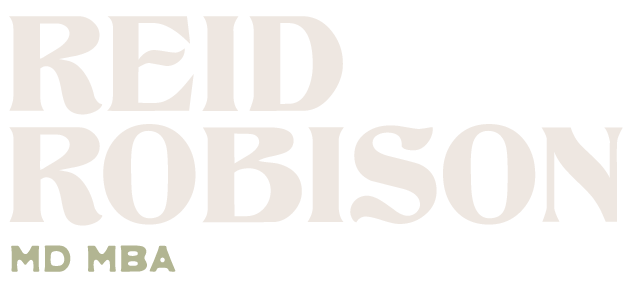Introduction to mindfulness
Mindfulness is …
Intentionally living with awareness in the present moment.
Waking up from automatic behaviors, and from a trance of unworthiness, to participate in our own lives
Without judging or rejecting the moment
Noticing consequences, but letting go of evaluating, avoiding and suppressing the here and now
Without attachment to the moment
Rather than ignoring the present by clinging to the past or grabbing for the future
Mindfulness is simply being aware. It’s noticing and paying attention to your thoughts, emotions, behaviors and experiences, in a non-judgemental way, on a moment to moment basis.
It can be practiced at any time, wherever you are, whoever you’re with, and whatever you’re doing. Mindfulness is showing up and being fully engaged in the here and now. That means being free of both the past and the future -- the what ifs, the judgement of right or wrong, and the self-criticism. Mindfulness is a lifelong practice, and a companion to have throughout your life. It’s like an old friend we turn to when in need of inspiration, direction, or clarity.
“It cultivates access to core aspects of our own minds and bodies that our very sanity depends on,” says Jon Kabat-Zinn, from The Unexpected Power of Mindfulness Meditation. “Mindfulness, which includes tenderness and kindness toward ourselves, restores dimensions of our being. These have never actually been missing, just that we have been missing them, we have been absorbed elsewhere. When your mind clarifies and opens, your heart also clarifies and opens.”
Two Types of Core Mindfulness Skills:
The WHAT and the HOW
The WHAT skills help us know what to do (specific skills to practice):
OBSERVE
Observing is like sensing; there are no words
Observing is noticing and attending
DESCRIBE
Describing is using words to represent what you observe
Describing is a reaction to observing; labeling what is observed, but using “just the facts” (compared to judging, which is labeling something in an evaluative way)
PARTICIPATE
Being a part of what happen
The HOW skills help us know how to do it:
NON-JUDGMENTALLY
See but don’t judge
Unglue your opinions from the facts
Focus on the “what”, not the “good/bad” or “should/shouldn’t”
Accept each moment, each event, as a blanket spread out on the lawn accepts both the rain and the sun, and every leaf that falls on it
Acknowledge the helpful, the wholesome, but don’t judge it
Acknowledge the harmful, the unwholesome, but don’t judge
When you find yourself judging, don’t judge your judging
ONE-MINDFULLY (“single-tasking”)
Do one thing at a time, and bring your whole person to that thing.
While you’re doing this thing, don’t think of other things.
EFFECTIVELY
Focus on what works for you, rather than what is fair/unfair, right/wrong, should/shouldn’t
Act as skillfully as you can, meeting the needs of the situation you’re in (not the situation you wish you were in, or the one that is more comfortable…)
Remember your objectives in the situation
Let go of vengeance and useless anger
